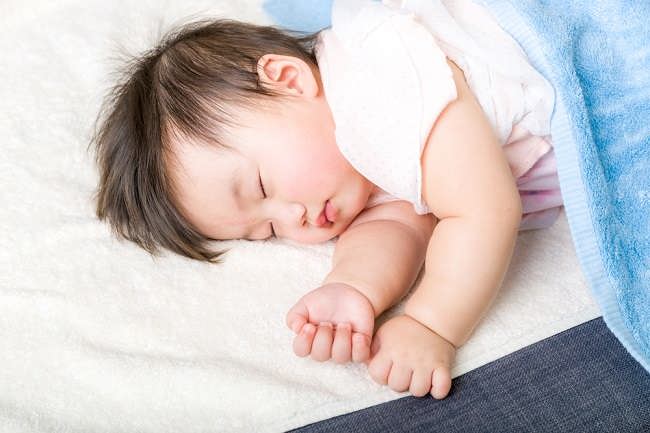Mother and Father, Let's Get to Know More About Sleep Apnea in Premature Babies
Birth with a month or weight that is lacking can cause premature babies to experience health problems. One of the common health problems suffered by premature babies is sleep apnea.
Sleep apnea is a condition that makes the sufferer stop breathing for about 15-20 seconds while sleeping. In addition to stopping breathing during sleep, sleep apnea can also be characterized by symptoms of blue skin, decreased heart rate, and low oxygen levels in the body.If sleep apnea in premature babies is treated quickly, this condition will not have a negative impact on their health. However, if left unchecked, it can be fatal.

Causes of Sleep Apnea in Premature Babies
Sleep apnea in premature babies is triggered by the immature central nervous system in the brain that regulates breathing. In addition, other conditions that can also increase the risk of premature babies experiencing slepp apnea are:- Bleeding in the brain.
- Lung and digestive disorders, such as gastric acid reflux.
- Too low levels of calcium and glucose in the blood.
- Improper body position when breastfed or while sleeping.
- Changes in body temperature.
How to Overcome Sleep Apnea in Premature Babies
Sleep apnea is usually diagnosed by a pediatrician when a premature baby is still being treated in the NICU (neonatal intensive care unit) room. To overcome this, the doctor can give drugs that contain a little caffeine and pair a breathing apparatus and a device to monitor the baby's breathing rate. When a baby can be brought home, the doctor may provide parents with a device to detect the baby's breathing while sleeping or apnea monitor. This tool consists of two components, namely a censored belt that must be placed around the baby's chest, as well as a monitor screen to determine the movement of the chest and breathing. The doctor will also teach you how to use an apnea monitor and how to provide breathing assistance to a baby when he has sleep apnea.If you use the services of a caregiver to help care for your child, don't forget to teach him also how to provide breathing assistance or first aid if at any time your child is experiencing sleep apnea or stopping breathing.
If your little one shows signs of sleep apnea and breathing assistance has been given, immediately take him to the doctor. The doctor will check the condition of the Little One and provide further treatment if necessary. Label : Health
Comments
Post a Comment